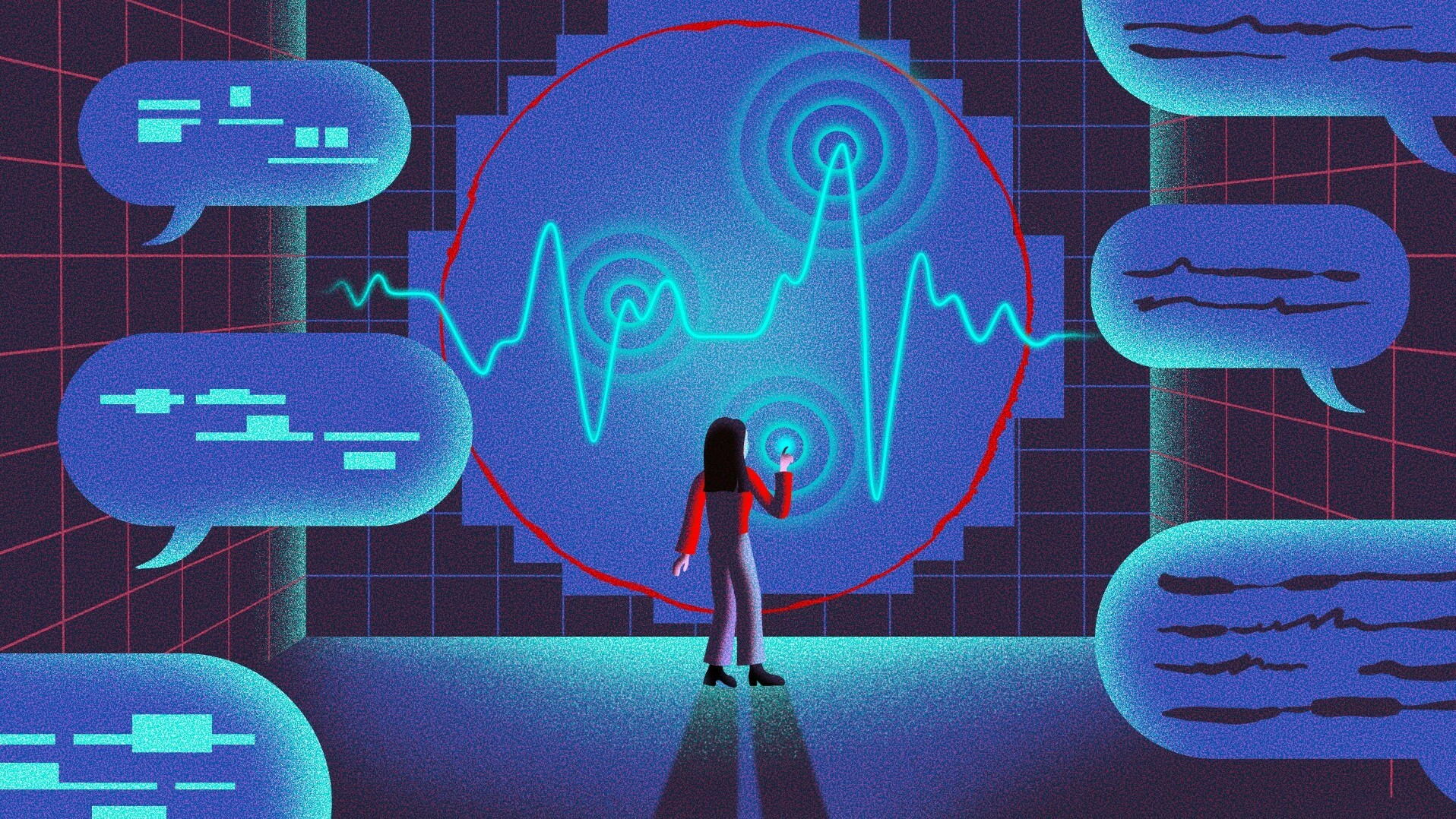
Google reportedly designing chatbots to do all sorts of jobs – including life coach
August 24, 2023Google is said to be in the developmental stages of unveiling a novel artificial intelligence (AI) innovation, rumoured to offer personalised "life advice" while also serving as a "personal life coach". This ambitious project is part of Google's broader initiative to push the boundaries of generative AI systems, akin to the renowned ChatGPT, in a competitive landscape that features industry giants such as Microsoft and OpenAI.
Leaked reports suggest that Google's AI teams are actively experimenting with a range of cutting-edge tools, integrating concepts inspired by OpenAI's ChatGPT and Google's proprietary Bard, to craft an AI-driven personal life coach capable of providing guidance on a spectrum of topics - from pivotal career choices to navigating complex relationship dynamics. The New York Times was the first to break the news, disclosing these intricate behind-the-scenes developments.
Collaborating closely with Scale AI, an AI training firm, the custom software development company is meticulously evaluating the feasibility and efficacy of its newly conceived "life coach" chatbot. Impressively, this endeavour has engaged over a hundred experts, all holding doctoral degrees in diverse disciplines, who are vigorously subjecting the chatbot to exhaustive testing and scrutiny.
The emergence of OpenAI's ChatGPT as a cultural sensation has kindled a wave of interest among technology companies, prompting the likes of Google, Facebook, and Snapchat to embark on their unique iterations of generative AI technology. The objective: to not only establish more natural and engaging interactions with users but to replicate human-like responses to an array of inquiries.
However, the proliferation of these AI-powered tools has not been without its challenges. The veracity of their responses and concerns about data privacy have been subjects of ongoing debate. The phenomenon of "AI hallucination", a term encompassing instances where AI-generated responses deviate from factual accuracy, has been spotlighted by experts in the field. The potential repercussions of such misdirection were glaringly evident when an AI chatbot designed by an American non-profit, ostensibly to support individuals with eating disorders, was unmasked as dispensing harmful advice instead of providing assistance.
While AI-powered chatbots have become adept at furnishing compelling and convincing responses to user queries, they are not immune to generating information that is factually incorrect. Critics contend that these tools, while promising, should be approached with a degree of caution due to their susceptibility to what is colloquially known as "AI hallucination".
Intriguingly, the IT company’s recent foray into AI life coaching represents a departure from the established guidelines governing its Bard chatbot. Users are explicitly cautioned against relying on the AI tool's responses for matters of a medical, legal, financial, or professional nature. Furthermore, the guidelines expressly advise against divulging "confidential or sensitive information" during interactions with the chatbot, underscoring the need for responsible usage.
As Google ventures deeper into the realm of AI life coaching, the broader implications of this innovative pursuit beckon. The company's resolute efforts to harness the potential of generative AI systems signal a pivotal moment in the trajectory of AI-driven technologies. With the ever-present caveat of responsible utilisation, the intriguing marriage of AI and personal guidance could redefine the way individuals navigate life's myriad challenges.
